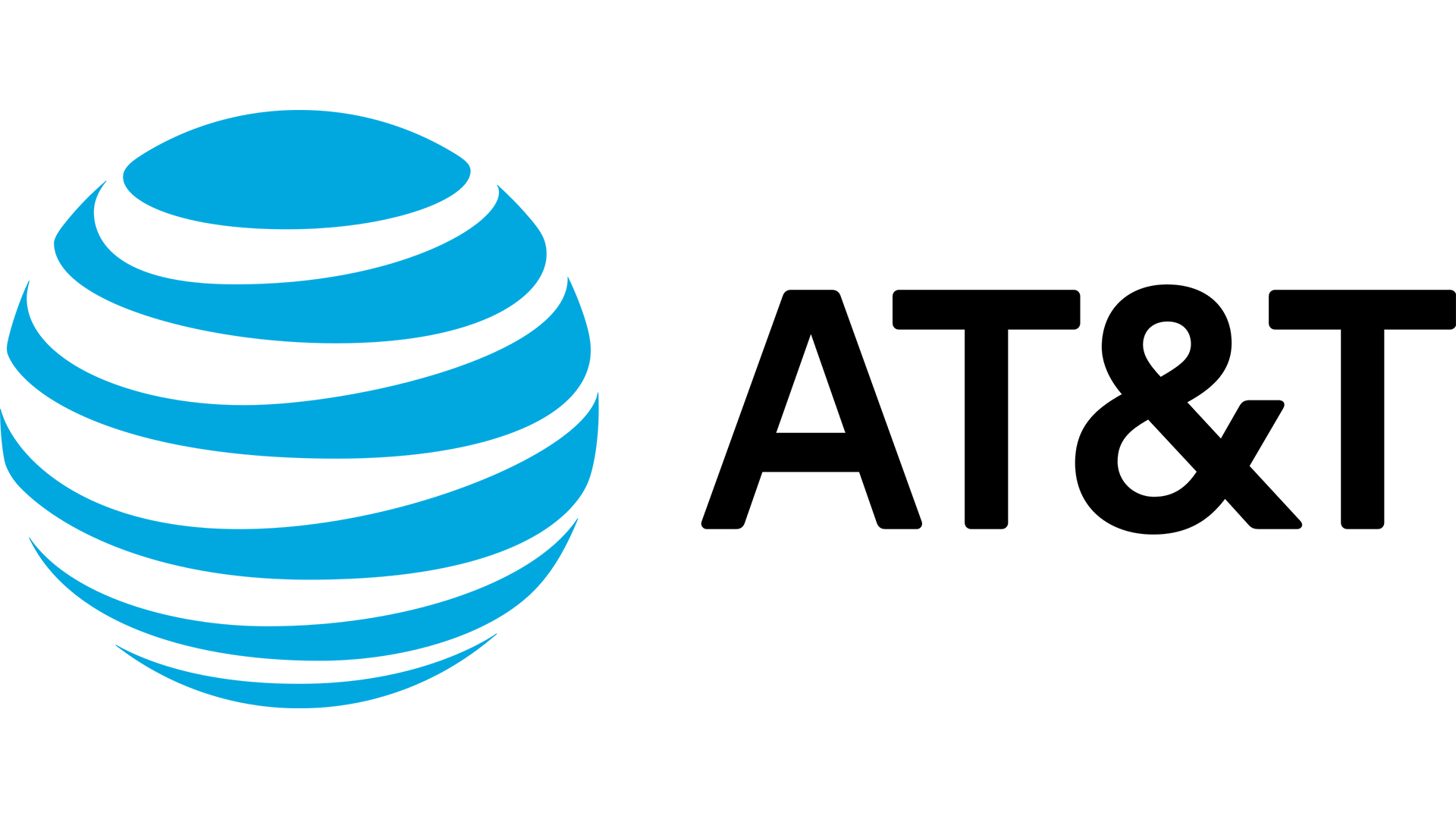AT&T to Tegna: Return Stations Now, We’ll Pay You Later
Satellite company asks that in light of pandemic, stations return as talks continue
The smarter way to stay on top of the multichannel video marketplace. Sign up below.
You are now subscribed
Your newsletter sign-up was successful
Shortly after Tegna pulled the plug on about 60 TV stations in 51 markets to DirecTV and AT&T U-verse subscribers Tuesday night, the satellite giant challenged the broadcaster to return the stations immediately, pledging to pay the company retroactively at whatever rate is ultimately agreed upon.

The Tegna stations went dark to DirecTV and AT&T U-verse customers at 7 p.m. EST on Dec. 1, after a one-day extension to their existing retransmission consent agreement expired. Usually short-term extensions are a sign that talks are progressing, but in this case, that didn’t happen. AT&T has said that the rate increases Tegna has proposed are the highest it has ever seen.
In a statement, AT&T said in light of the continuing pandemic, where up-to-date local news can be critical, the stations should return to customers while the companies try to work out a deal.
“In the midst of an ongoing pandemic, Tegna is demanding the largest rate increase we have ever seen, and intentionally blacking out its most loyal viewers,” AT&T said in a statement. “We challenge Tegna to return its local stations immediately while we finalize a new agreement and pledge to pay Tegna retroactively whatever higher rates to which we eventually agree. We share our customers’ frustration, appreciate their patience and intend to do all we can to resolve this matter soon.”
The stations include affiliates of the four major broadcasters (CBS, NBC, ABC and Fox) as well as The CW, MyNetwork TV, and independent stations. The properties are located in cities as large as Seattle, Washington D.C. and St. Louis, and as small as Wilkes Barre, Pennsylvania and Ft. Smith, Arkansas.
On its station websites, Tegna claims its rate increases are market-based and reflect the quality programming it provides, pointing to the “hundreds of deals” it has reached with other distributors.
“Those providers all felt that they were able to reach a fair deal with us while continuing to offer value to their subscribers,” Tegna said on its websites. “There is no reason why this negotiation with DirecTV and AT&T U-Verse should be different.”
The smarter way to stay on top of the multichannel video marketplace. Sign up below.
AT&T has said earlier that Tegna usually reaches deals with its distributors, and the few times it has had blackouts, they usually don’t last longer than a few hours or a few days.
“This is exactly why we, along with many others, have called for reform of the broken retransmission consent regime,” AT&T said in its statement.
Mike Farrell is senior content producer, finance for Multichannel News/B+C, covering finance, operations and M&A at cable operators and networks across the industry. He joined Multichannel News in September 1998 and has written about major deals and top players in the business ever since. He also writes the On The Money blog, offering deeper dives into a wide variety of topics including, retransmission consent, regional sports networks,and streaming video. In 2015 he won the Jesse H. Neal Award for Best Profile, an in-depth look at the Syfy Network’s Sharknado franchise and its impact on the industry.

